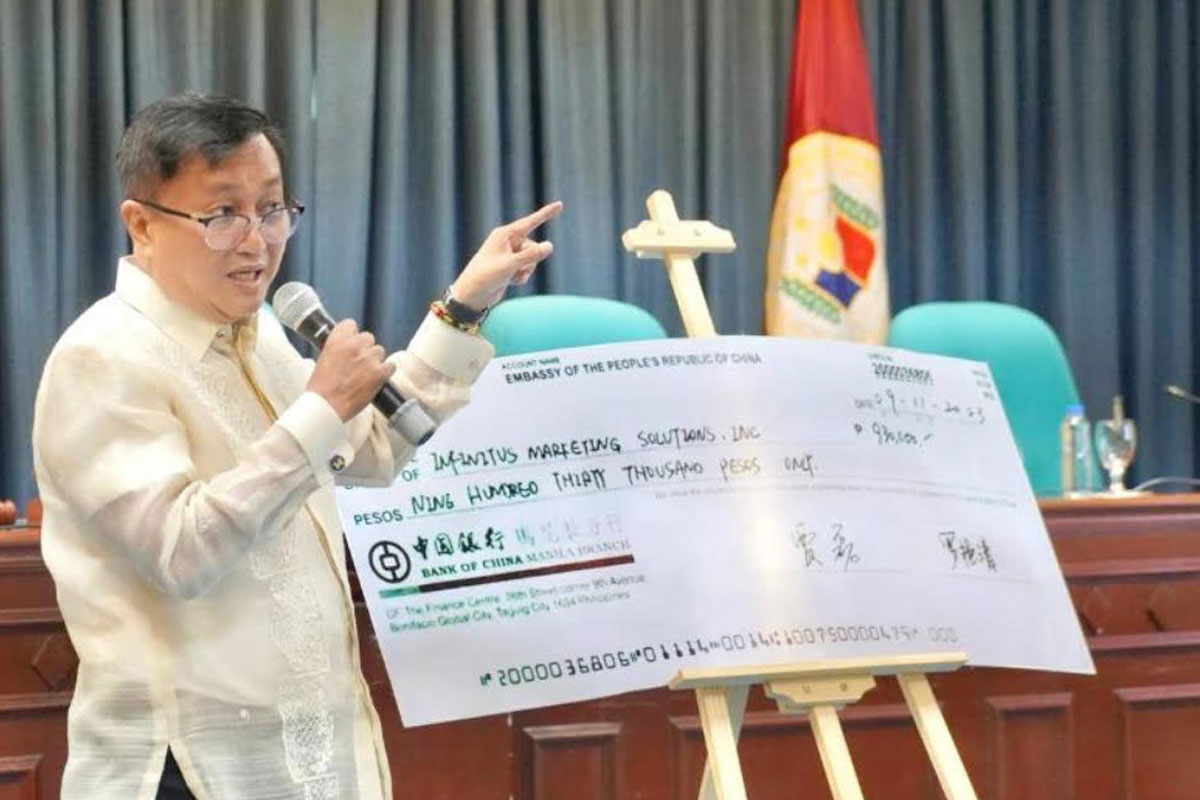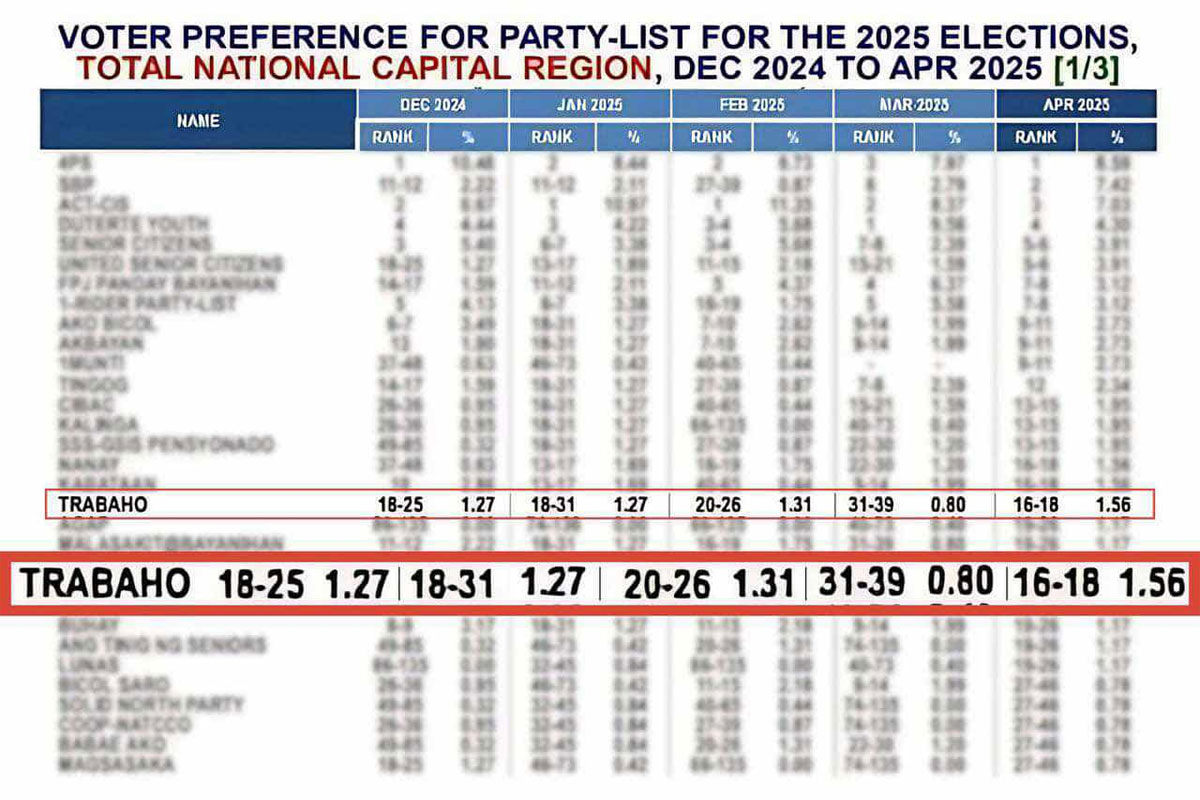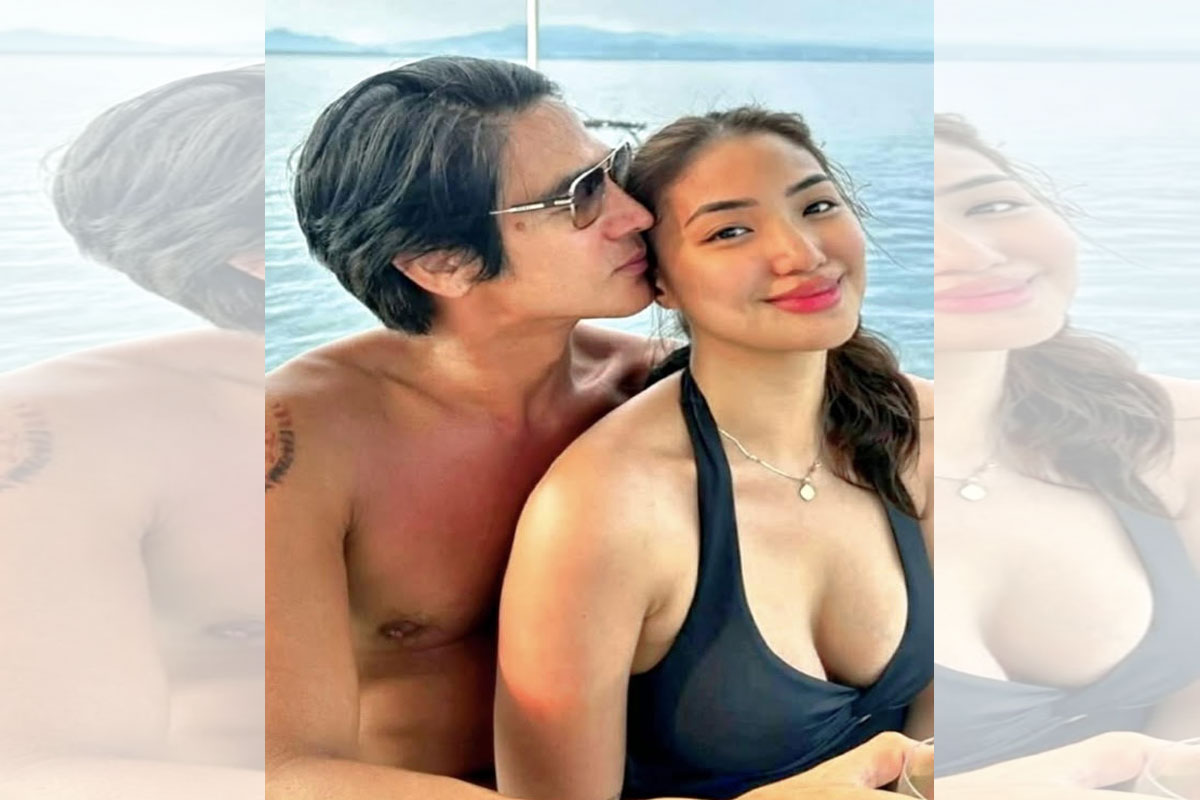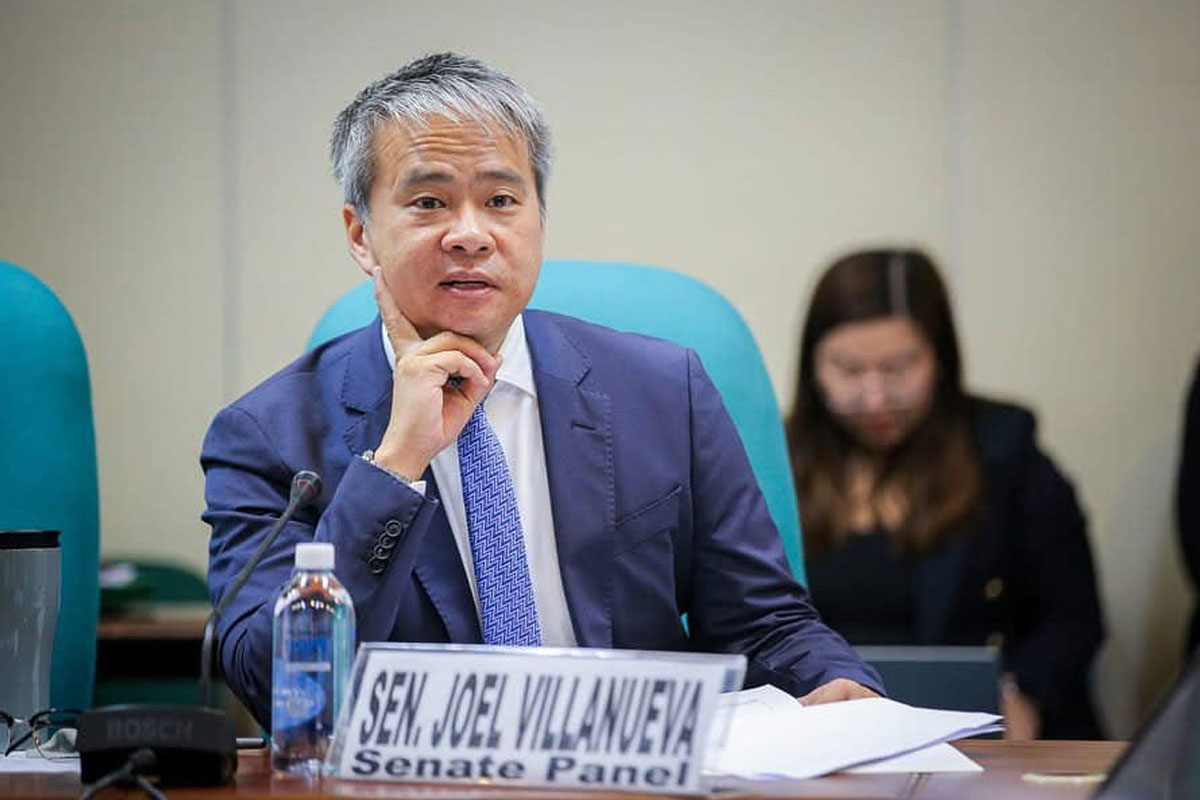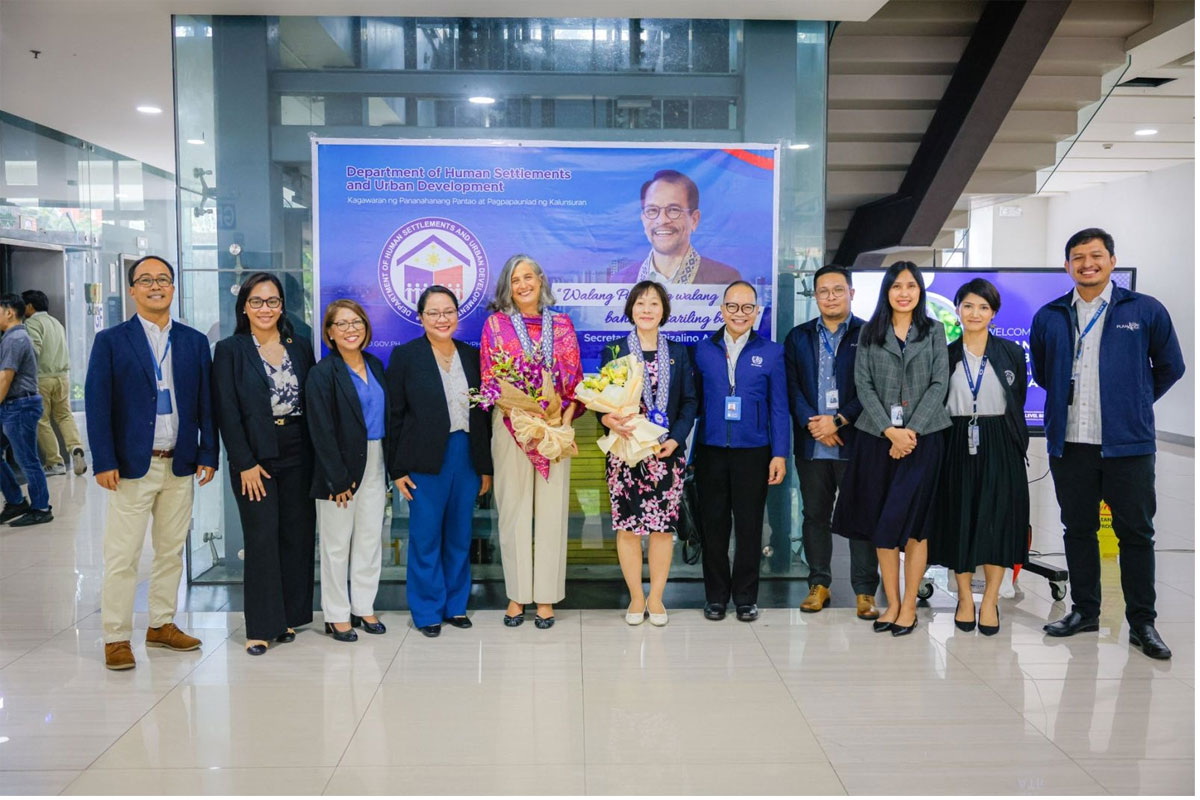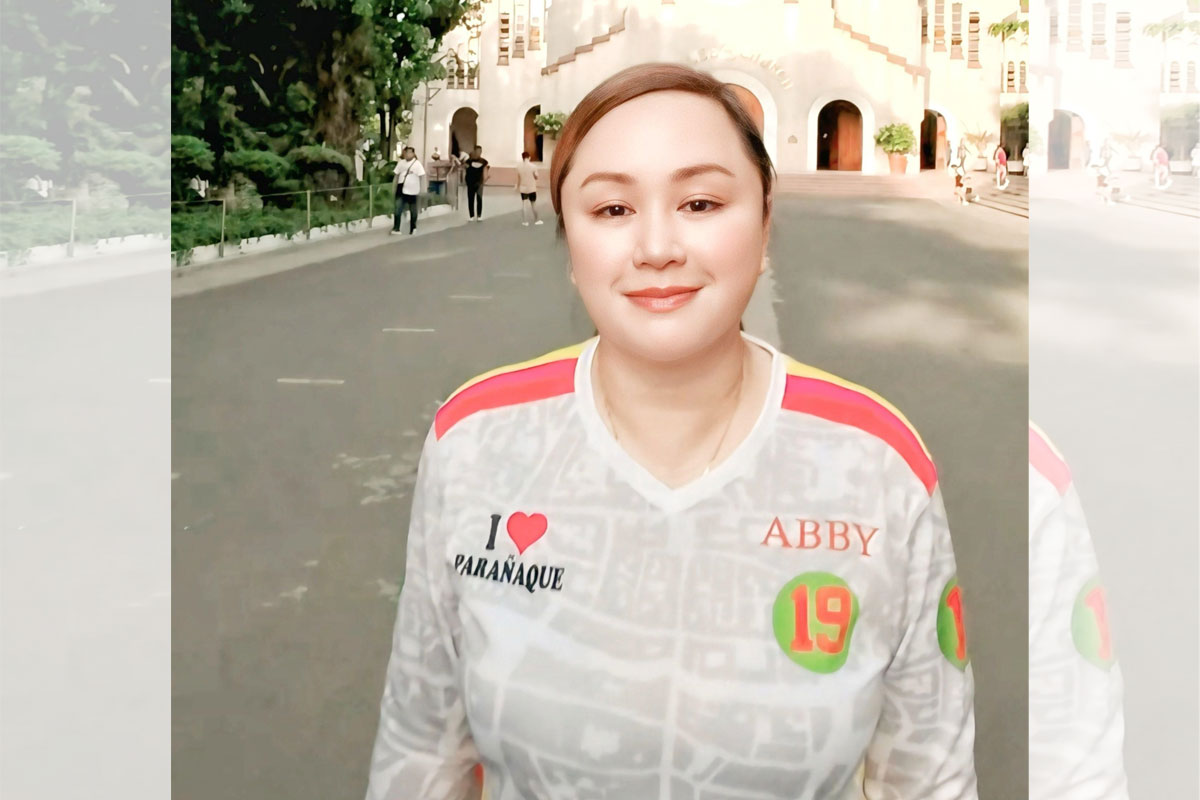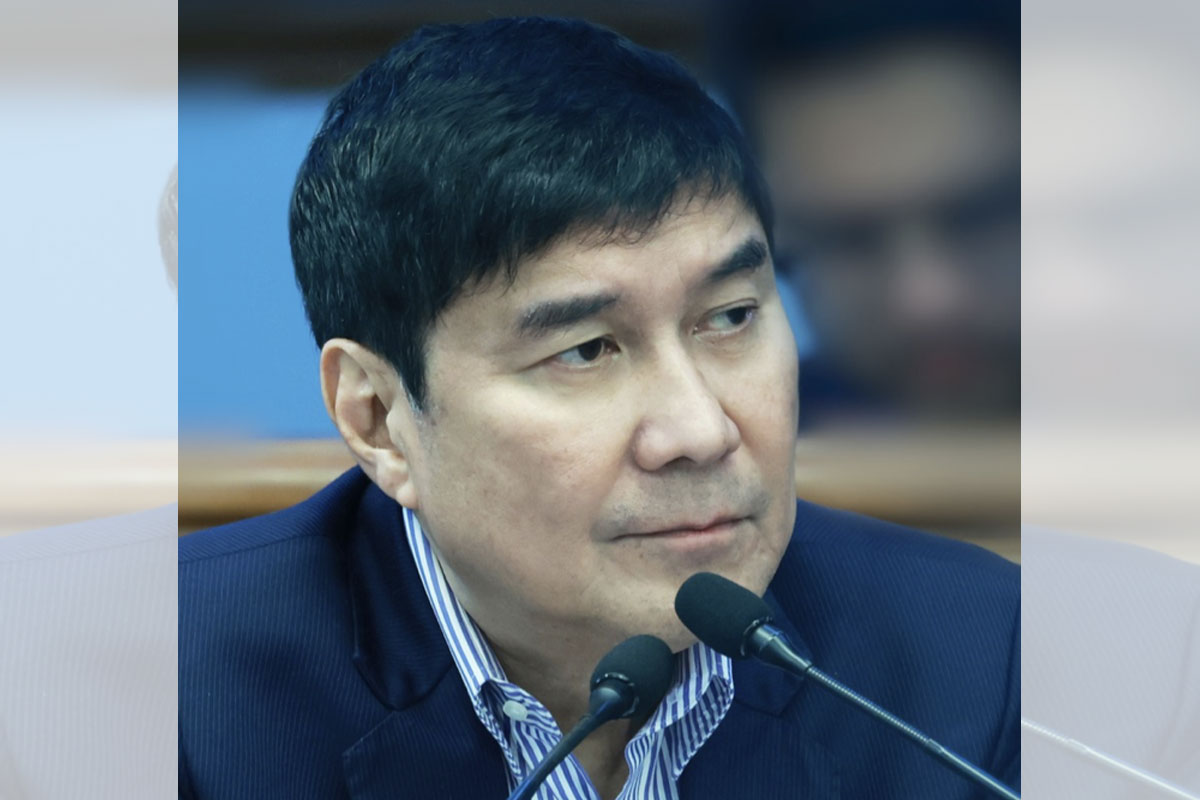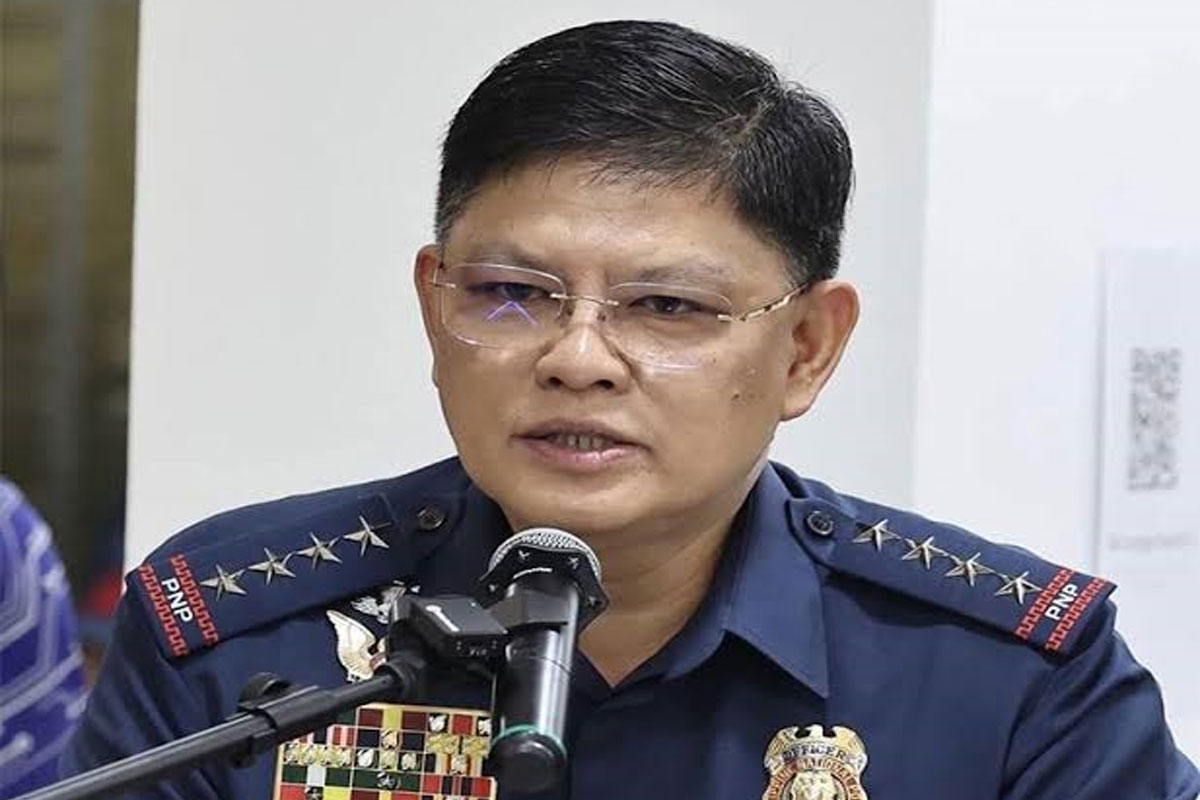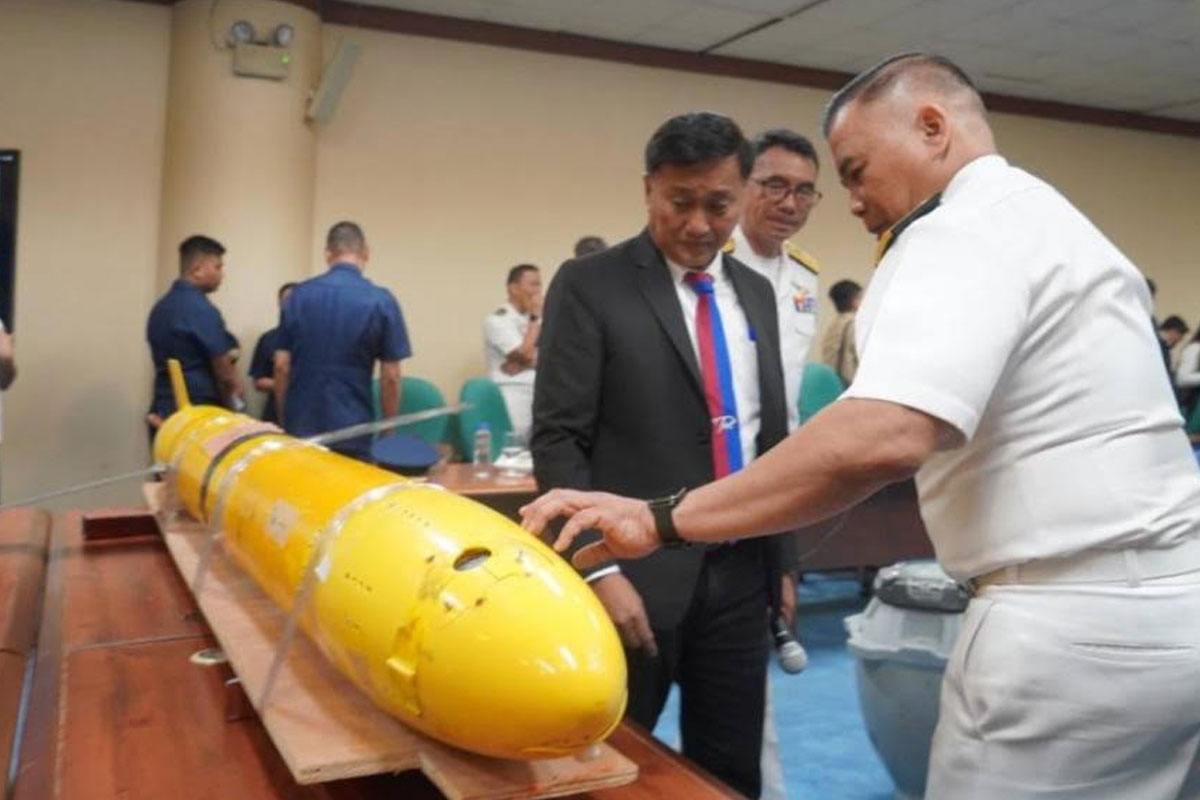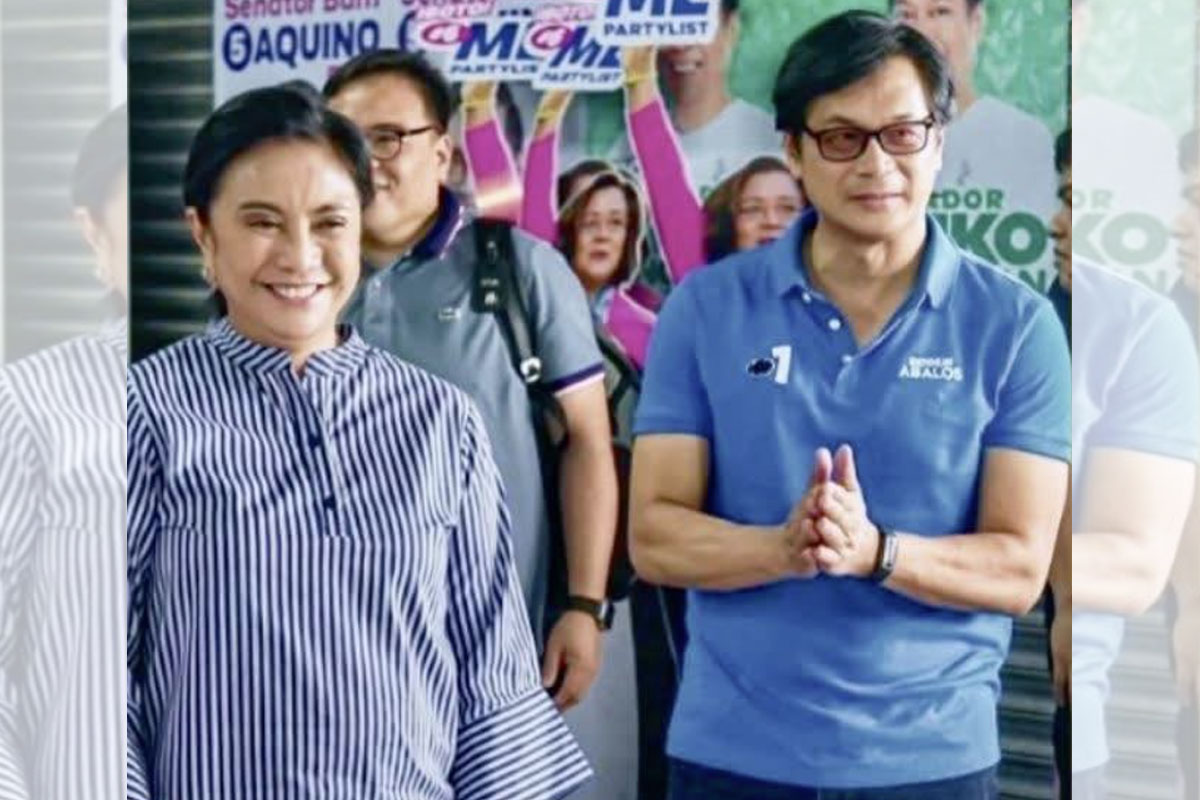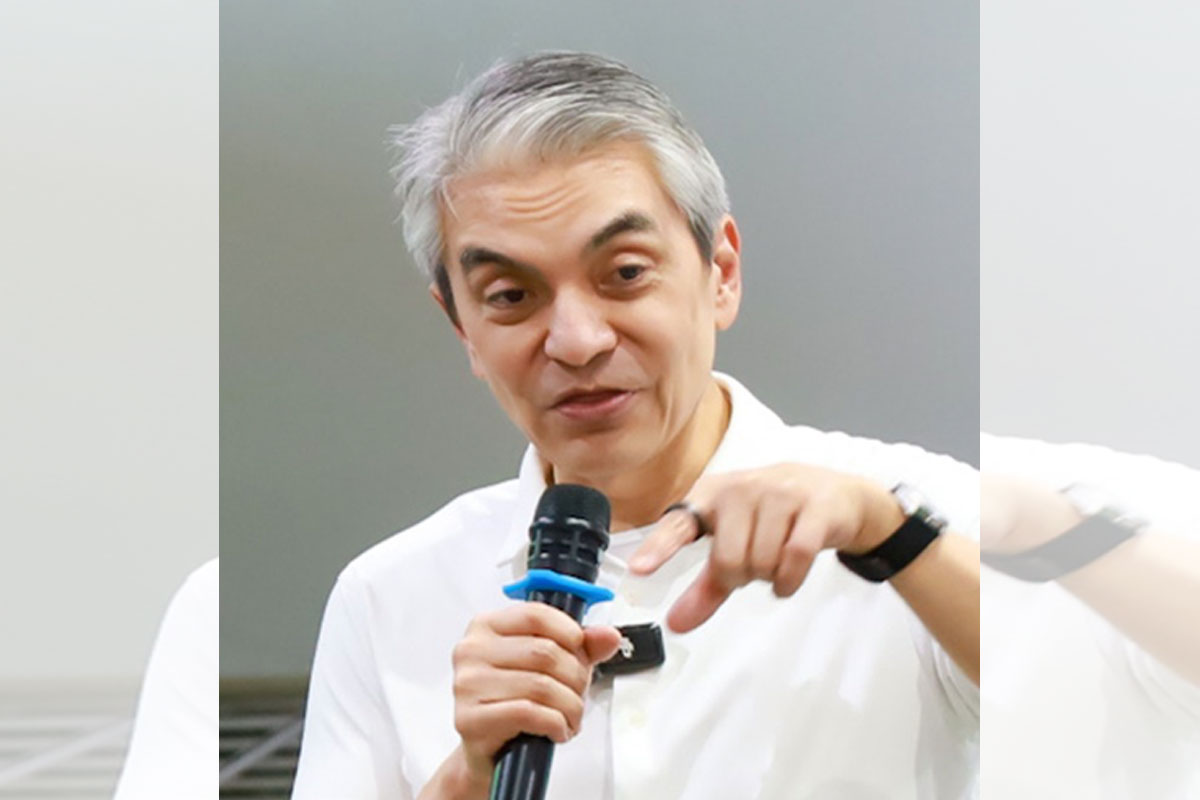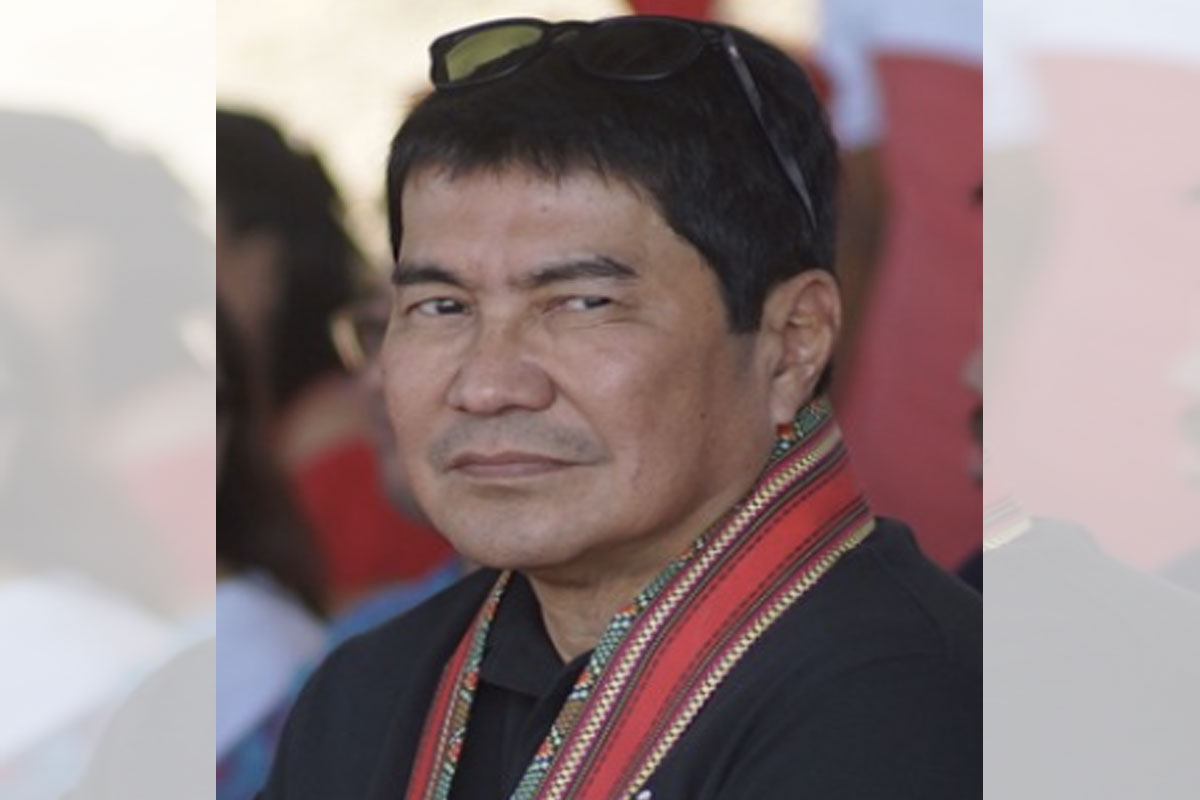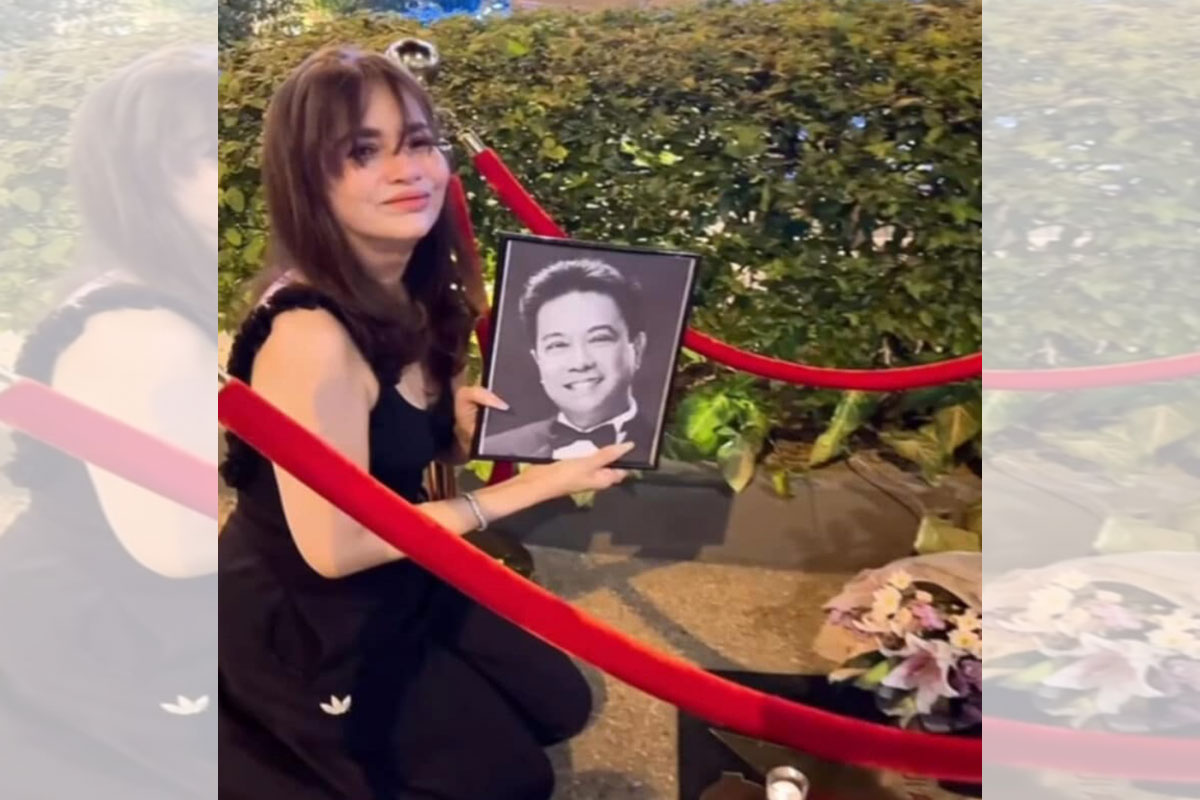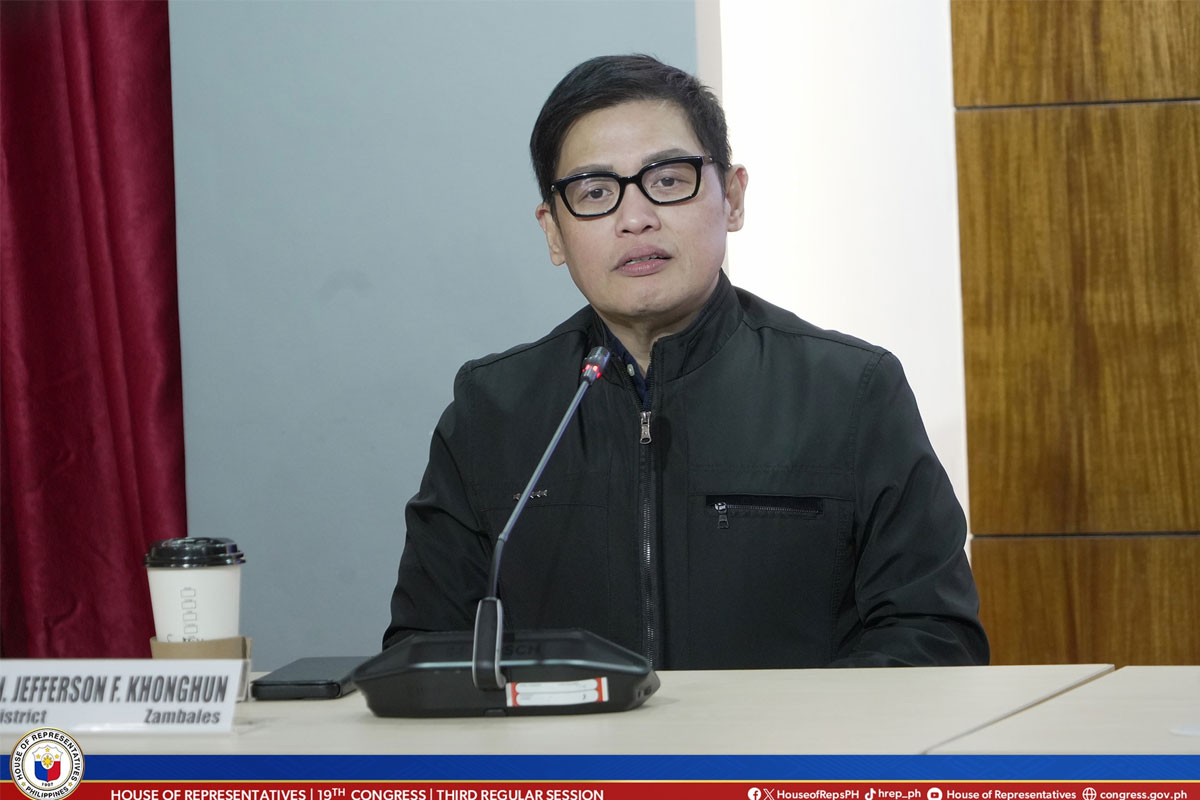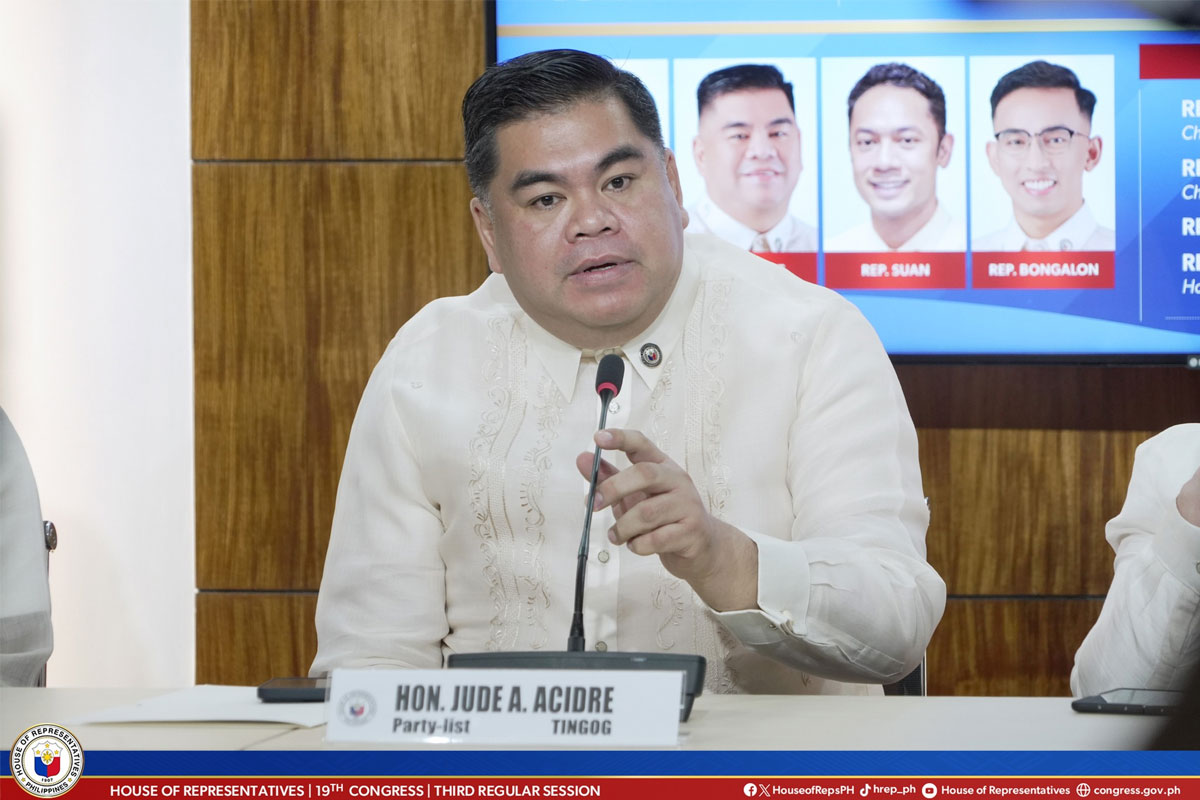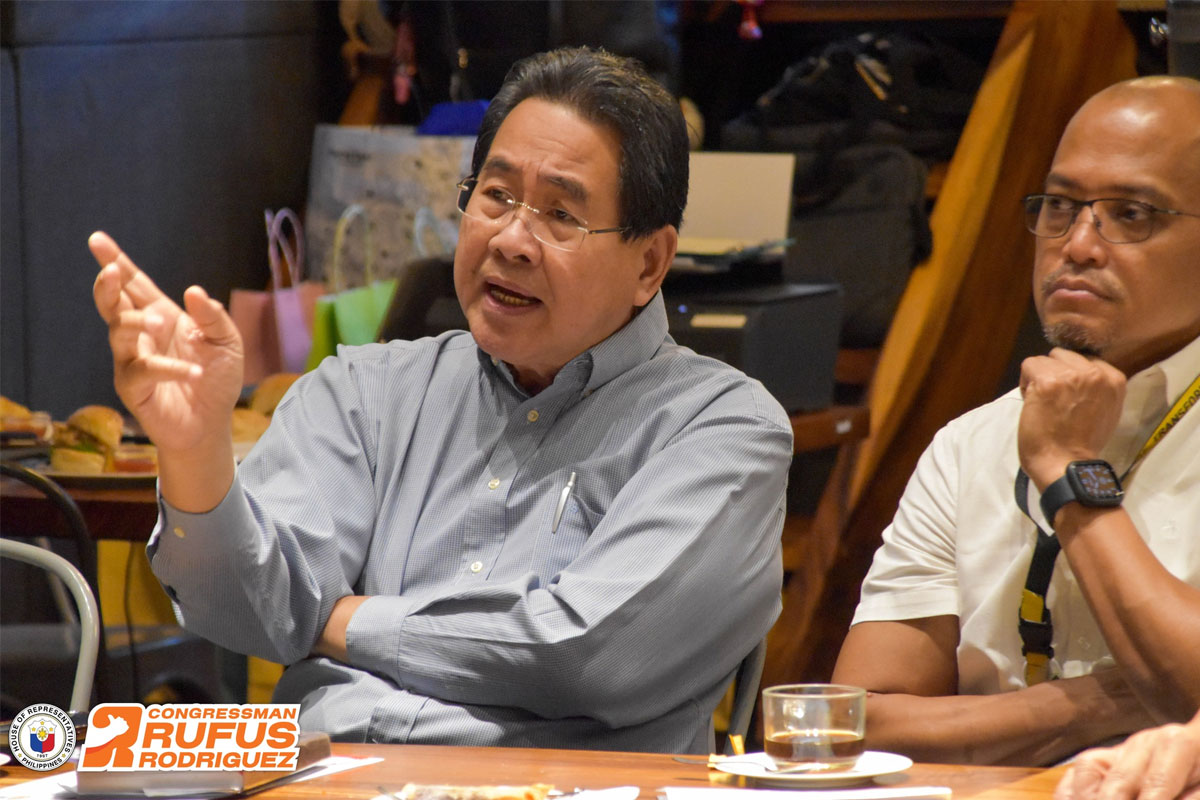
EXECUTIVE PRIVILEGE
EXPLAINING that this is not the first time, Senate President Francis “Chiz” Escudero confirmed that the Marcos administration’s use of executive privilege to excuse Cabinet officials from testifying before the Senate is not without precedent — and not without legal basis.
Responding to Senator Imee Marcos’s request for subpoenas aimed at compelling executive officials to attend a Senate inquiry on former President Rodrigo Duterte’s arrest by the International Criminal Court (ICC), Escudero at the Kapihan sa Senado revealed that one Cabinet official had already declined to appear, citing executive privilege.
“In-invoke nila ang executive privilege kaugnay ng hindi pag-attend ng hearing at hindi ito bago,” Escudero said.
He stressed that this is not the first time such a legal maneuver has been used in Philippine legislative history saying that this already happened in the past.
“Ito ang Ermita case at Neri case kung saan sinabi ng SC na may kapangyarihan ang executive mag-invoke… hindi lamang sa hindi pagsagot pero sa hindi pagdalo ng ilang opisyal ng Executive Department,” Escudero explained, referring to Supreme Court rulings that upheld the right of the executive to withhold information or attendance in matters tied to sensitive presidential communications or national security.
The Supreme Court rulings Escudero cited — Senate v. Ermita (2006) and Neri v. Senate (2008) — established legal boundaries on the powers of Congress to summon executive officials. In both cases, the High Court affirmed that under certain conditions, particularly involving confidentiality or national interest, the executive branch may invoke privilege to protect internal deliberations or communications involving the President.
Although Escudero had already signed the subpoenas requested by Senator Marcos, he said he has now referred the matter to the Senate’s legal department for further review.
“Pinadala ko ang subpoenas sa legal ng Senado para pag-aralan yung epekto ng pag-invoke ng executive privilege,” he said.
Escudero, however, clarified that while the Senate may pursue information through subpoenas, it must operate within the bounds of established jurisprudence, especially during a legislative recess.
Escudero confirmed that a letter from an executive official was delivered to his office on Monday, stating that the official would not attend the hearing due to executive privilege.
In the Supreme Court ruling, the Highest Court affirmed that communications involving the President or high-level executive officials could be exempt from congressional inquiries under specific conditions related to national interest or confidentiality.
Escudero noted that while a subpoena may be issued by the Senate, its enforcement must comply with existing jurisprudence.
Asked whether the Senate would still proceed with compelling the appearance of officials, Escudero emphasized the need for legal review before any further action. “Maganda nang i-refer sa legal ng Senado para magbigay sila ng karampatang rekomendasyon,” he said.
He reiterated that any further action would depend on the outcome of the legal evaluation.
“Our resort should be with the courts,” Escudero added.
The Senate’s legal department is expected to provide a recommendation that will be shared with Senator Marcos and other relevant members of the chamber.



